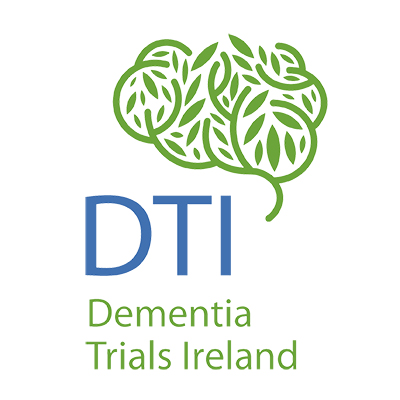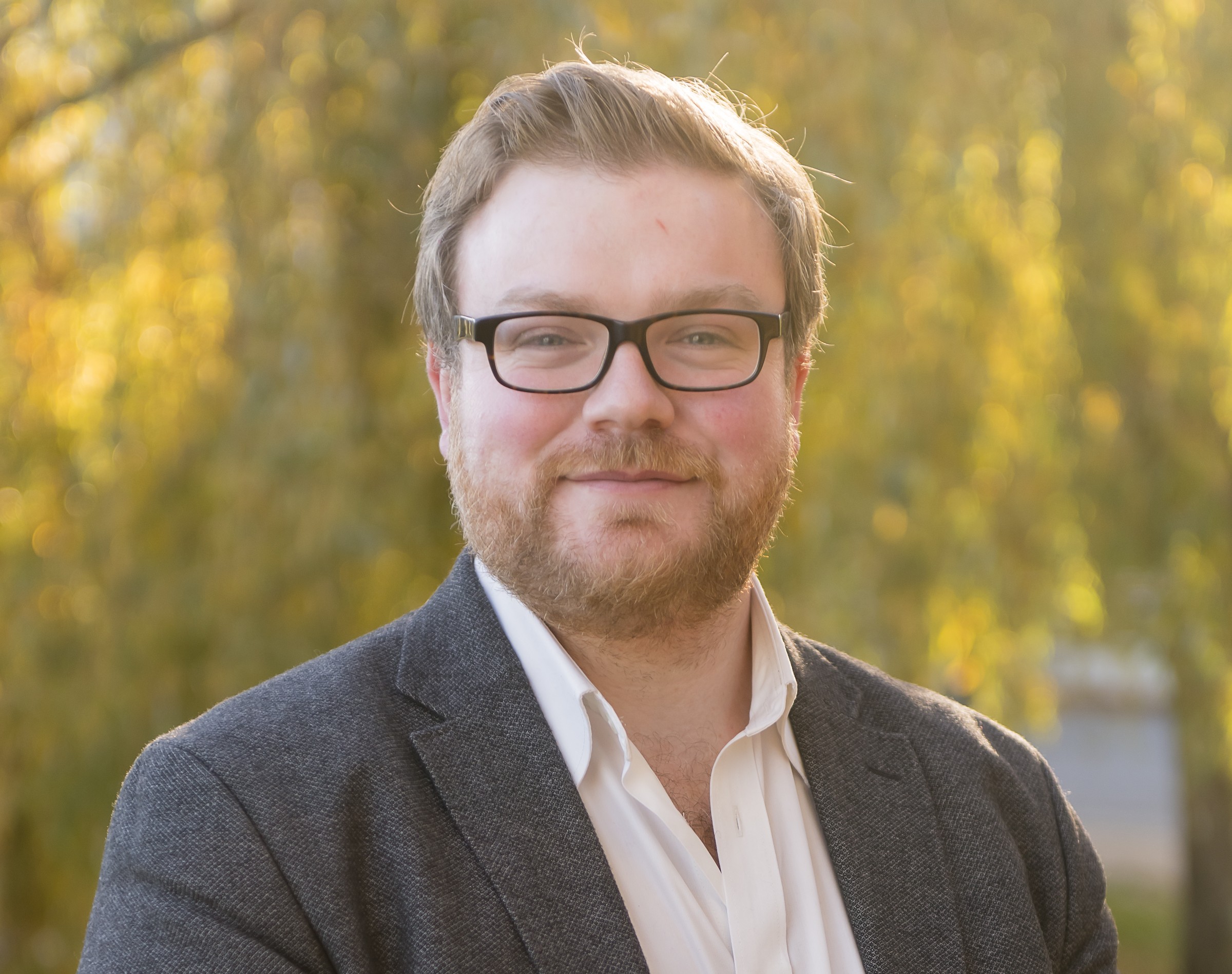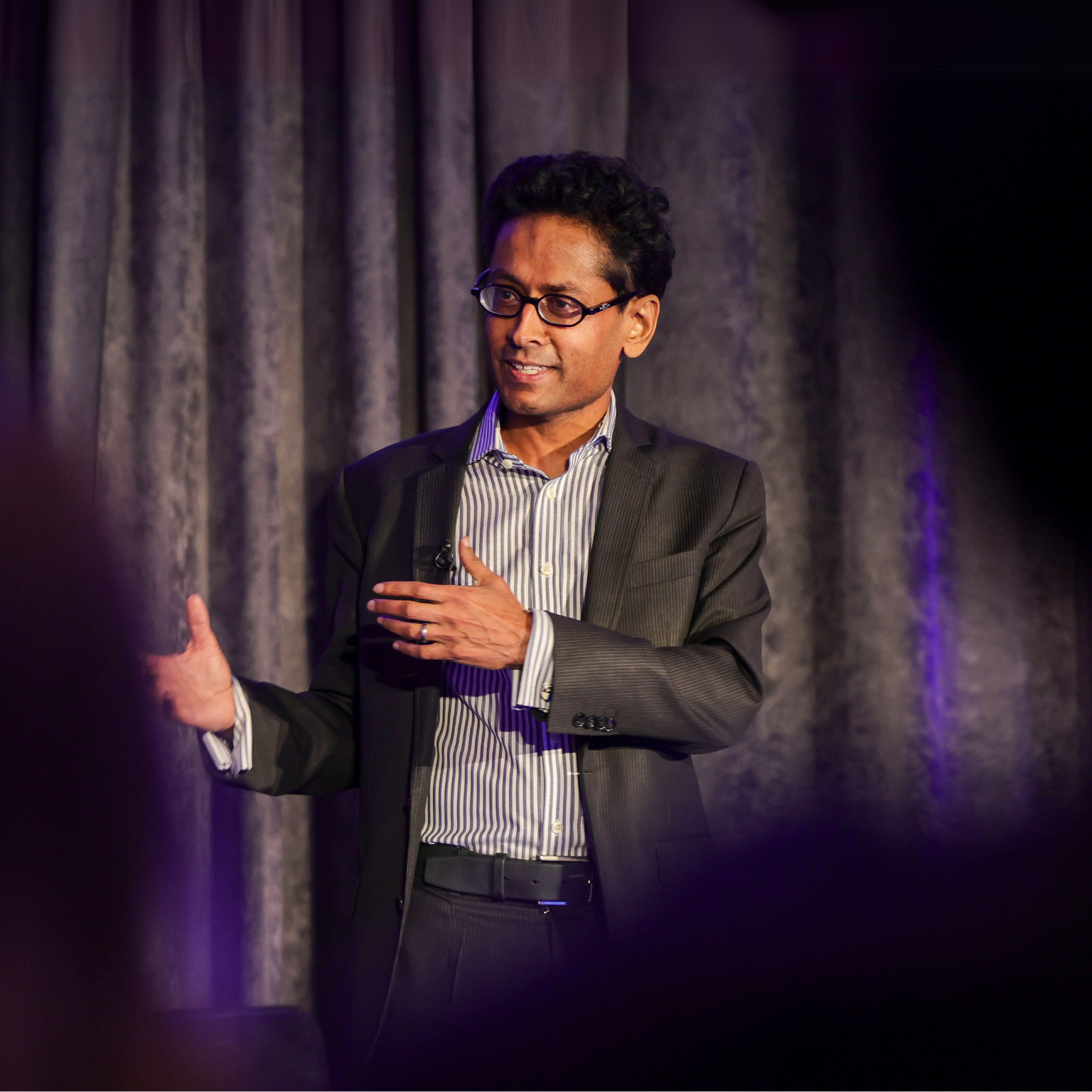PPI in action
As we mark World Alzheimer's Day 2022, Karen Meenan discusses the importance of a Public, Patient and Carer Involvement (PPI) panel to the work of Dementia Trials Ireland (DTI), and shares reflections from some of its members.
7 min read - 21 Sep 2022

“Consultation with people who are invested in the outcome of your work, works.”
DTI, a HRB research network to enhance dementia care and outcomes, was formed in 2022 to enable every person in Ireland living with dementia, or at risk of developing dementia, the opportunity to access clinical trials. Its cornerstone is a PPI panel and the vision to embrace the feedback and opinion of all members. This process can be slow, but it is worth it. Simply put, consultation with people who are invested in the outcome of your work, works.
We formed a panel of 13 people from all over Ireland for their combined lived experience with different types and stages of dementia, across several age groups. Importantly, this means the conversation is not just about Alzheimer’s disease, and not just about older people. This panel has already contributed valuably to the work of DTI. It includes:
- Two people living with young onset dementia
- A person with young onset Parkinson’s disease
- Caregivers
- A politician
- A web designer with a personal interest in dementia
- A pharmacist
- A researcher
- A musician
Logo design
One of the panel’s first tasks was to assist in designing a logo (pictured). Each panellist was given over 40 samples for reflection and comment. Some did not identify with graphics such as heads with disappearing brains often used to indicate memory loss. For example, one panellist with Lewy body dementia (LBD) reported that his memory is fine, as his type of dementia is more likely to present with symptoms such as hallucinations. Another panellist who cares for his mother wanted to convey how families with a diagnosis have expert knowledge and would like their discussions with clinicians and researchers to be reflected in the design.
This resulting logo by Clever Cat Design is a brain-tree with healthy green leaves indicating growth and hope. The trunk is a speech bubble indicating four-way conversations between the person with a dementia diagnosis, a caregiver, a researcher and a clinician, all learning from each other. This is now the touchstone for all DTI designs. It would not have been created to such effect without our PPI panel.
Other ways our PPI panel contributes to DTI’s work include:
- Advising on our website and video content
- Representing DTI at online conferences and workshops
- Providing researchers and clinicians with feedback on the lay summaries of scientific papers
In short, everything in DTI is done in collaboration with our PPI panel to ensure our work is a true co-creation. This is something I am extremely passionate about and proud of. But that’s enough from me. Now it’s over to some of our panellists for their thoughts.
“What PPI means to me.” – reflections from DTI panellists
Kevin Quaid, aged 59, a person living with Lewy body dementia (LBD)
“Membership of the DTI PPI panel means everything to me. It ensures my voice is important and listened to. As I have become more involved in PPI, I see that increasing numbers of people, from carers to clinicians, are beginning to understand that they need to listen to the patient’s voice. In having the disease, we are also experts. But the most important thing to me about being on this panel is knowing I am useful, knowing I am not a burden, knowing I am worth listening to, and knowing what I say is valued.”
Kate Murphy, aged 61, former caregiver to her late mum Margaret, who had Alzheimer’s disease
“I feel excited and privileged to be a member of the DTI PPI panel. My mum, Margaret, was diagnosed in 2009, and I cared for her for several years until she died in 2017. As the disease progressed, she reverted to speaking in Irish, the language she was educated in. Being involved with decisions that can enhance the lives of those living with dementia gives me and other PPI members a voice and hope for the future. The HRB’s funding of DTI is precious and will help to give dementia the recognition it deserves within society.”
Simon Murphy, aged 39, a caregiver to his mum Jakki who has Frontotemporal dementia (FTD), aged 57
“Being on the DTI PPI panel means the world to me. I really feel that using our voices and sharing our experiences will generate a better understanding of dementia. So many people hide away when they get a diagnosis. DTI can change that. I wish I knew more about dementia trials when my mum got diagnosed at just 43. I would have gotten her involved. And who knows? It could have given me more time with her and made the very difficult road we are travelling a little easier for her.”
Naomi Gleeson, aged 62, a person living with LBD
“Being on the DTI PPI panel gives me a reason to get up in the morning and an opportunity to use my diagnosis positively. I hope this network will raise awareness and acceptance of dementia. Combining the public, patient and carers with researchers and clinicians makes for a more down to earth team. Sometimes it’s just the little things that can make a big difference in our lives as people with a dementia diagnosis. For example, PPI can contribute simple things such as remembering that people with LBD often need restroom breaks.”
Kieran Maguire, aged 65, a person from a family of 13 children, five of whom were diagnosed with various types of dementia
“I have seen five of my siblings suffer from dementia, all of whom have sadly passed away. I live in fear that due to my family history, the same could happen to me. I want to use my membership of the DTI PPI panel to try to avoid this, and to try to turn myself and my family’s experience of this heart-wrenching disease into something positive. I would like to help other families avoid what mine went through by supporting the development of new treatments and encouraging other people impacted by dementia to participate in clinical trials. In fact, I feel it is my duty to society to help pave the way for a cure.”
Kate Byrne, aged 64, caregiver to her husband John who has Alzheimer’s disease, aged 80
“I am honoured to be on a panel with those seeking change and hope in what must be one of mankind’s greatest fears – a diagnosis of dementia. I have always been a very private person. I joined this panel and went public because I believe society needs to understand and respect dementia more. Understanding is about education and respect is about continuing to recognize the person at the core of a dementia diagnosis. In my case, this person is my beloved husband, John. We have encountered friends out walking who have looked the other way because they don’t know what to say. I’d like my membership of this panel to help change that.”
ENDS
About the author:
Karen Meenan is Patient and Public Involvement and Communications/Dissemination Coordinator with Dementia Trials Ireland and a Senior Atlantic Fellow for Equity in Brain Health at the Global Brain Health Institute in Trinity College Dublin. She is passionate about giving voice to people who live with dementia and their families. Her primary focus is to remove the stigma of living with this disease. She is a founder volunteer with dementia-inclusive Forget-Me-Nots choir, founder of intergenerational Making Hay Reminiscence Theatre and is researcher, presenter and producer of award-winning dementia-inclusive radio programmes ‘Reminiscence on the Radio’, ‘Voyage Around My Brain’, and ‘Talkin’ About Neurodegeneration’ on NearFM.
Read more about HRB investment in Clinical Trial Networks (CTNs)
7 min read - 21 Sep 2022



